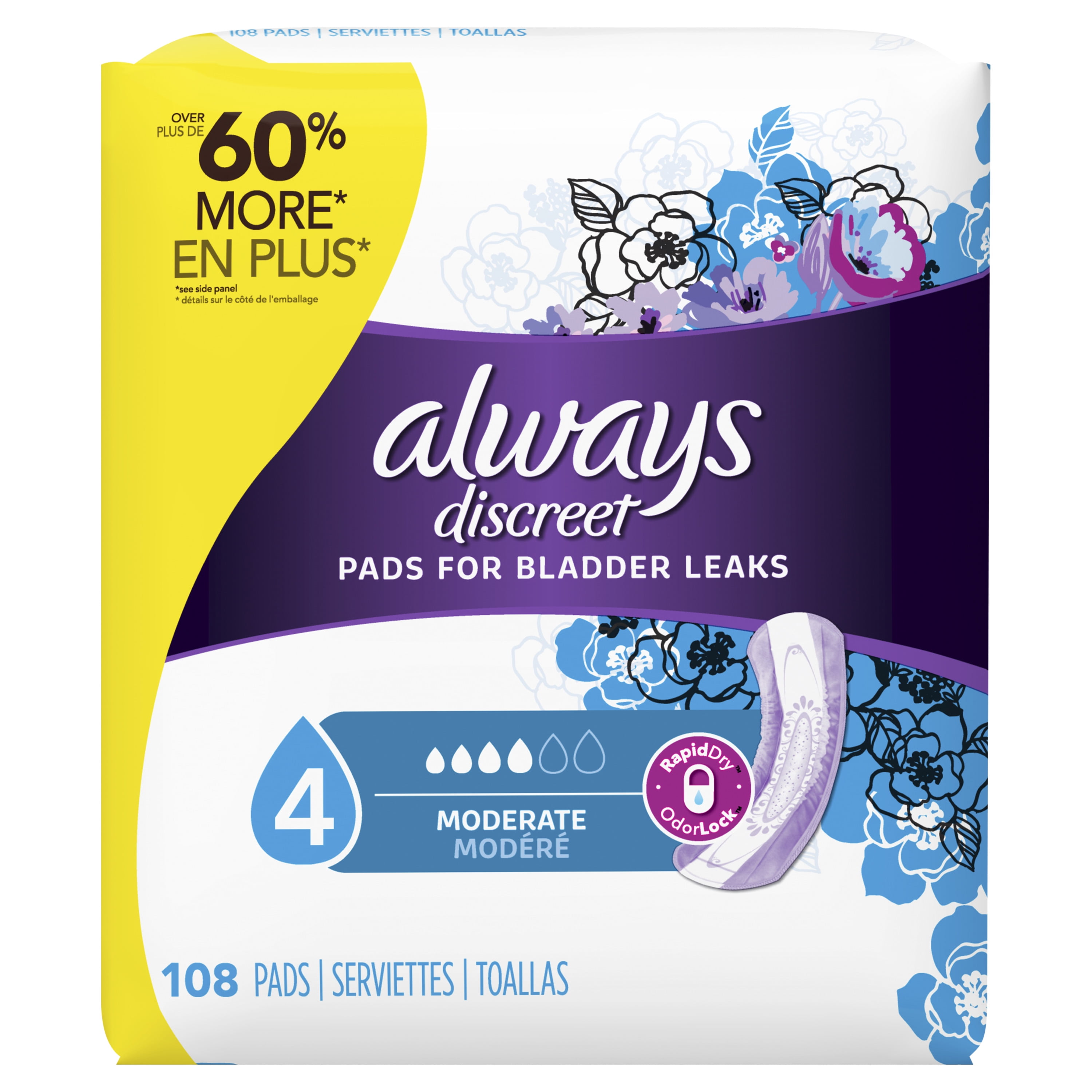
September 12, 2024
Therapies For Bladder Control Issues Urinary Incontinence
Rest Quality Improves With Assistance Of Urinary Incontinence Medication News Center Stanford Medication Nocturia has additionally been attached to taking in a lot of salt. Research study discovered that individuals that did not reduce their salt consumption experienced nocturia extra contrasted to individuals who did decrease their intake. It places you to rest when it is dark and wakes you up when it is light. For people with circadian rhythm problems, this sleep-wake pattern is dysfunctional or may even be completely turned around. Check-in with your physician initially to make sure it's OK to take this medication at a different time of day. Make an appointment with a physician if you find that your OAB signs create you to often get up to utilize the bathroom during the night. They can advise techniques to help reduce your urinary system frequency. If other non-invasive treatment choices have fallen short to treat your incontinence, there are several treatments that your carrier could suggest. They'll have the ability to recommend way of living changes or medical therapies to enhance your symptoms. Overactive bladder (OAB) and nocturia, identified by regular peeing during the evening, can considerably interrupt your sleep and total lifestyle. These urinary problems often cause disruptions in rest patterns, influencing not just physical wellness but likewise psychological wellness. When a person pees too much throughout the daytime, however can restrict the amount of trips to the washroom in the evening, it's described as constant urination. Nocturia is purely utilizing the bathroom numerous times after bedtime and before you wake up in the morning. Whether it's occurring because of a hidden clinical condition or another thing, it can leave you really feeling tired due to the fact that your regular sleep cycle is disrupted.How do I permanently stop peeing on my bed?
can squeeze out one more tbsp or two. & #x 201d; It might assist to prevent eating foods that can irritate the bladder. These consist of coffee, tea, chocolate, and sodas or other carbonated drinks with high levels of caffeine. Imagine on your own completely dry. Using a technique called favorable imagery, where you think of awakening dry prior to you go to sleep, can aid some people stop bedwetting. Doing regular Kegel workouts to aid strengthen your pelvic flooring muscles. Staying clear of alcohol consumption high levels of caffeine or a great deal of liquids prior to looking a task. If you experience constant peeing and leakage at night, you might likewise intend to avoid drinking beverages right prior to bed.
I'm Worried About Incontinence At Night While Sharing A Bed With Somebody
In some cases incontinence is a short-term concern that will vanish once the reason ends. This is commonly the situation when you have a condition like an urinary tract infection (UTI). Once dealt with, regular urination and leak issues brought on by a UTI typically finish. This is also real for some ladies that experience bladder control problems while pregnant. However, various other sources of incontinence are long-lasting and pertaining to problems that are taken care of throughout your life. Even even worse, those that are especially sound sleepers or can't wake up quick sufficient can end up with wet sheets. A system of alcohol is roughly half a pint of typical strength brew or a single step (25ml) of spirits. Medication might be recommended if you're still not able to manage your signs and symptoms. You might likewise benefit from using incontinence items, such as absorbent pads and handheld urinals. Originally, a general practitioner may recommend some simple steps to see if they aid improve your signs.Signs And Symptoms And Causes
Limiting foods and drinks with high levels of caffeine, such as delicious chocolate, tea, coffee, and carbonated drinks, may help reduce leaks. You should also restrict alcohols, which can raise how much urine your body makes. Do you discover yourself waking up greater than when to use the washroom at night? You may have nocturia, a condition that causes you to require to wake up to pee 2 or even more times in one night. Peeing regularly at night could be an indicator of a hidden condition.- Hold them for 6 to 10 seconds each, and perform these 3 to 4 times each week.
- If your frequent urination is a factor of aging, it's good to keep in mind that adults older than 60 should anticipate to use the restroom at least when every evening.
- This either suggests that the individual leaks pee constantly, or has routine unmanageable dripping of huge amounts of pee.
- Nocturia does often have underlying causes so it's important to get a comprehensive appointment done by your medical professional to rule out any type of various other problems.
- Often, your carrier will certainly begin you on a low dosage of the medicine and after that increase it slowly.
Social Links